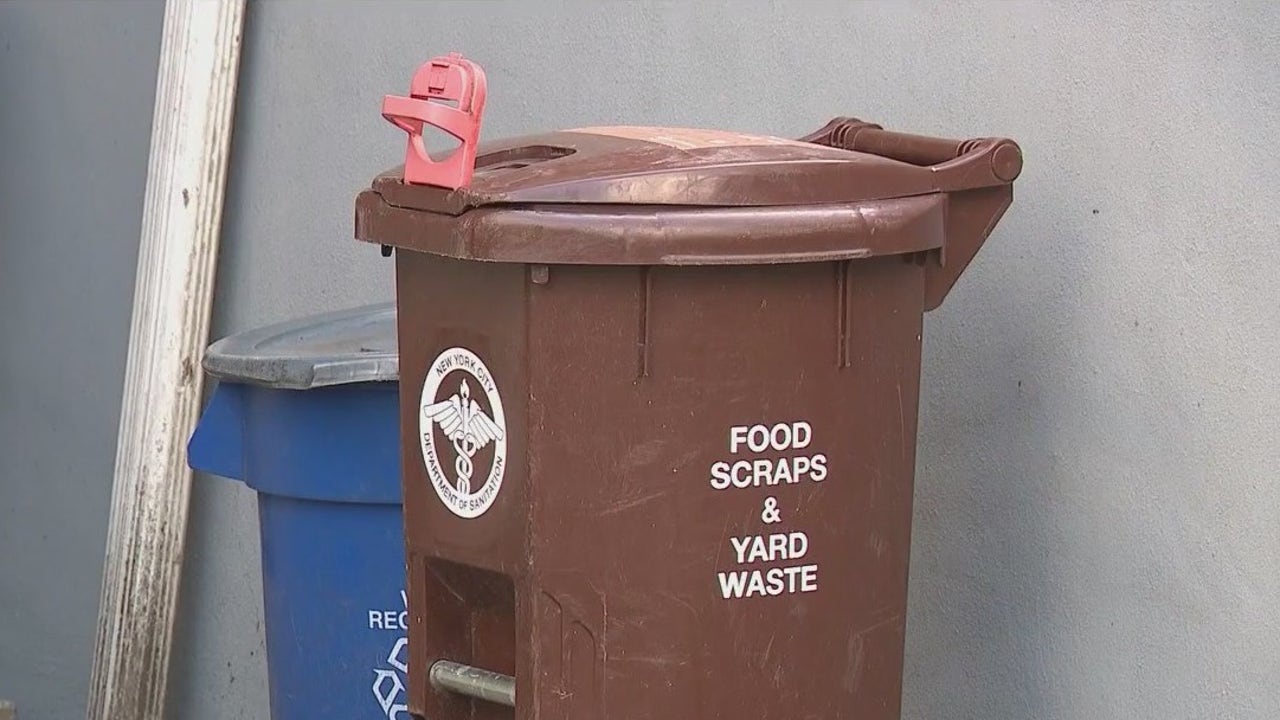New York Government Transparency: A Looming Darkness
This Sunshine Week, while Albany enjoys unusually warm weather, New York State's government remains shrouded in secrecy. A coalition of good-government groups is pushing for reforms to the 50-year-old Freedom of Information Law (FOIL), advocating for four key bills. These reforms are desperately needed to address the consistent stonewalling of information requests.
The Fight for Openness
A significant hurdle to transparency is the frequent practice of one house of the legislature passing FOIL reform measures while the other remains inactive. However, there's a glimmer of hope for joint action on a bill addressing FOIL requests involving commercial interests. This is particularly relevant, given past experiences with Empire State Development (ESD) redacting crucial information under the guise of “trade secrets,” even when the entity in question is a government-owned monopoly like Amtrak. The proposed bill would limit such withholding to three years, a small but potentially significant step towards transparency.
Beyond Amtrak: A Broader Issue
The struggle for transparency goes beyond Amtrak. The article highlights several other instances of information blockage, including:
- The fight for public access to transcripts of the Donald Trump hush money trial (wrongly treated as copyrighted material).
- The lack of automatic publication of government records, despite their digital availability.
- Mayor Adams' refusal to release 9/11 records held by city agencies.
- Andrew Cuomo's past reluctance to respond to FOIL requests, which has only recently shifted as he now faces similar issues himself.
The Path Forward
The core issue is the vast amount of government information that remains inaccessible to the public. The article advocates for a shift towards default publication of all government records, with appropriate redaction of sensitive personal data. The call is for a more proactive approach to transparency, a move away from the current reactive and often obstructive practices. This requires legislative action and a change in attitude from government officials at all levels.









Comments
Join Our Community
Sign up to share your thoughts, engage with others, and become part of our growing community.
No comments yet
Be the first to share your thoughts and start the conversation!